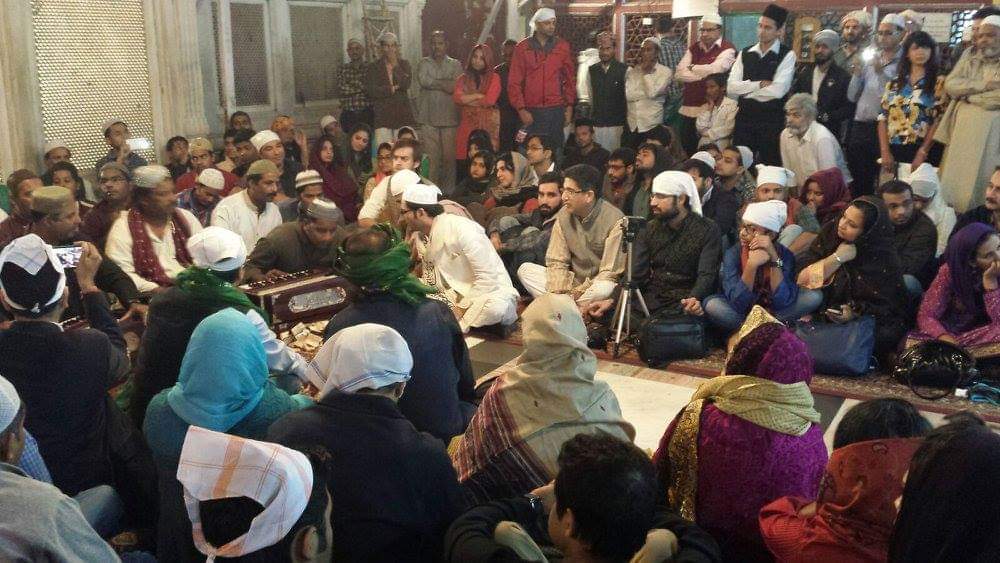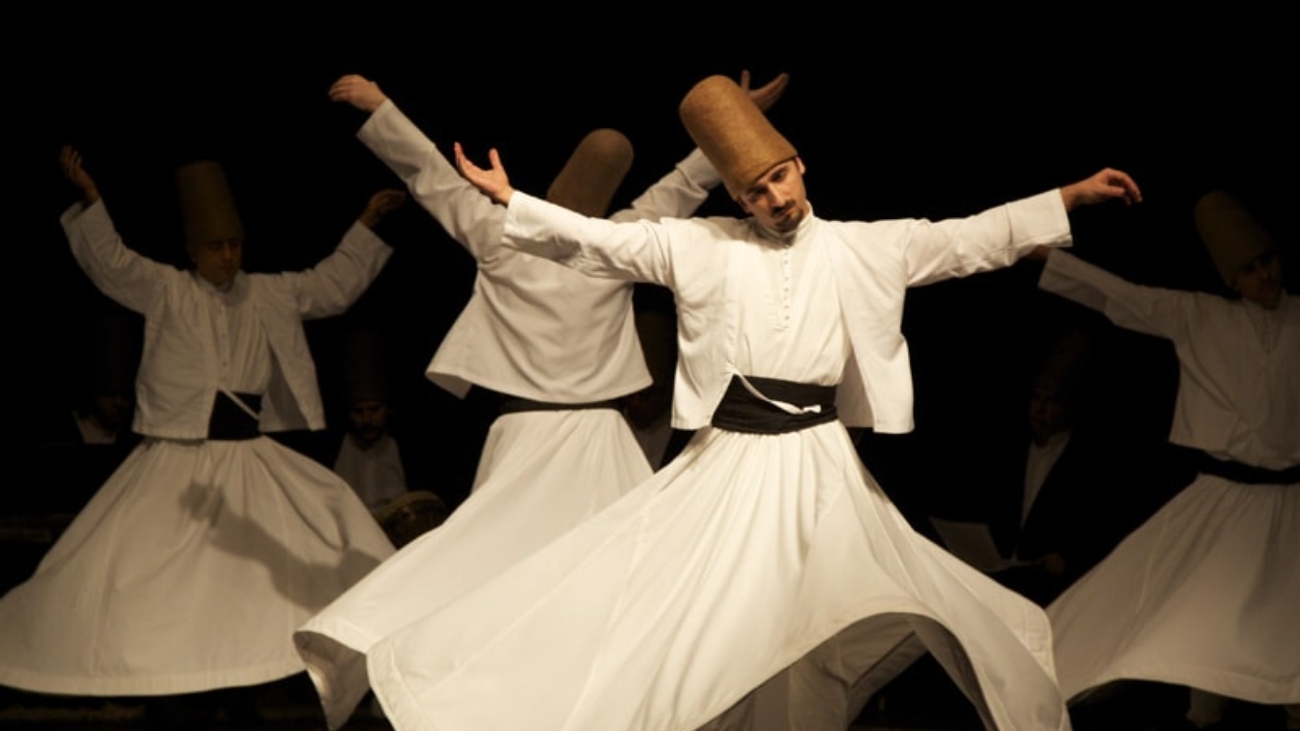Sufi Music: The Divine Connect
The eloquent and powerful poetry, the mesmerizing music, either on the beats of the duff or the table, the melodious strings of the santoor, the saz and the rabab along with the flute/shehnai or the musical notes from the harmonium, are enough to transport you into an altogether different space, leaving you in a trance. Sufi music came to the Indian subcontinent during the early rule of the Delhi Sultanate around 12th century A.D. It was around the 13th century that Sufi music gained popularity among the masses, especially the outcasts and the downtrodden, because of its simplicity and inclusive approach.
In India, Sufi music became popular when Bollywood started using this music genre. It further gained popularity through various Sufi music fests organized across the country and renowned Sufi maestros such as the Late Nusrat Fateh Ali khan, Rahat Fateh Ali Khan, Kailash Kher, Abida Parveen, Wadali Brothers, Nizami Brothers, A.R. Rehman, Smita Bellur, Harshdeep Kaur penetrated the hearts of millions.

For all the Sufi music lovers, here are 6 interesting facts about Sufi music in India:
- Get closer to the Divine with Sufi: The proponents of Sufism established Khanqas, a place open to all, a haven for food, shelter, love, respect and support for everyone. Instead of advocating any religion, they advocated the idea of love towards the Supreme Creator and attaining spirituality without any boundaries.
- Amir Khusrau Dehlavi and Sufi: The greatest gift of Sufism to India is Amir Khusrau Dehlavi, also known as Tuti-e-Hind and the father of Urdu literature. He was a mystic and an extremely devoted disciple of the Sufi saint, Hazrat Nizamuddin Auliya. An iconic figure in the cultural landscape of India, his contribution to both literature and music is priceless. He is even referred to as the father of Qawwali and is attributed with the introduction of Ghazal. He created the classical raag based qawwali. His poetry forms are rich with Gul, Khayal, Naqs, Qalbana, Kaul and Tarana. Khusrau’s eloquent poetry rich with Arabic, Persian and Hindavi, is recited till date and is a source of inspiration for many.

- Sufi and Qawwalis: “Though Qawwali was introduced by Amir Khusrau in Sufi music, yet its’ origin can be traced back to the Saam Veda, where worshipping the divine was through songs and music, mentioned Nayana Chowdhury, an ardent Qawwali enthusiast and a devoted follower of Sufi music. She also added Qawwali is a beautiful adaptation of the bhajans. Such a beautiful amalgamation of the two most powerful cultures.”
- The first Qawwal group: To carry forward the legacy of Amir Khusrau in terms of Qawwali, twelve children were taken under his tutelage for training. Thus was formed the first group of Qawwals in India, called the ‘qawwal bachcho ka gharana’. Amongst these qawwals, Shamt bin Ibrahim, was very prominent and till date his lineage continues. Most of the qawwals from North India and Pakistan are believed to be from this gharana.

Fareed Ayaz and Abu Muhammad
- Sufi and modern music: Sufi music initially began as a devotional music in the praise of God, but gradually it became a musical medium singing verses of love for anyone like, Amir Khusrau wrote verses for his beloved teacher Nizamuddin Aulia. This music of love found popularity with the masses again with Bollywood using the melodious and mystic verses of Sufi poetry. It has found more recognition because of its adaptation into several popular genres like rock, pop and jazz.
- Meditative effect: Sufi music has a meditative effect on our brain. It helps relaxing the mind with the spiritual effect of the lyrics and use of different musical instruments.
The ever-evolving form of Sufi music will continue to remain a favourite amongst music lovers, because it is music about love after all.

Qawwali mehfil at Nizamuddin Dargah
For more interesting updates, follow us on Facebook, Instagram, and Twitter.






 For all the Sufi music lovers, here are 6 interesting facts about Sufi music in India:
For all the Sufi music lovers, here are 6 interesting facts about Sufi music in India:

 Fareed Ayaz and Abu Muhammad
Fareed Ayaz and Abu Muhammad
 Qawwali mehfil at Nizamuddin Dargah
For more interesting updates, follow us on Facebook, Instagram, and Twitter.
Qawwali mehfil at Nizamuddin Dargah
For more interesting updates, follow us on Facebook, Instagram, and Twitter.